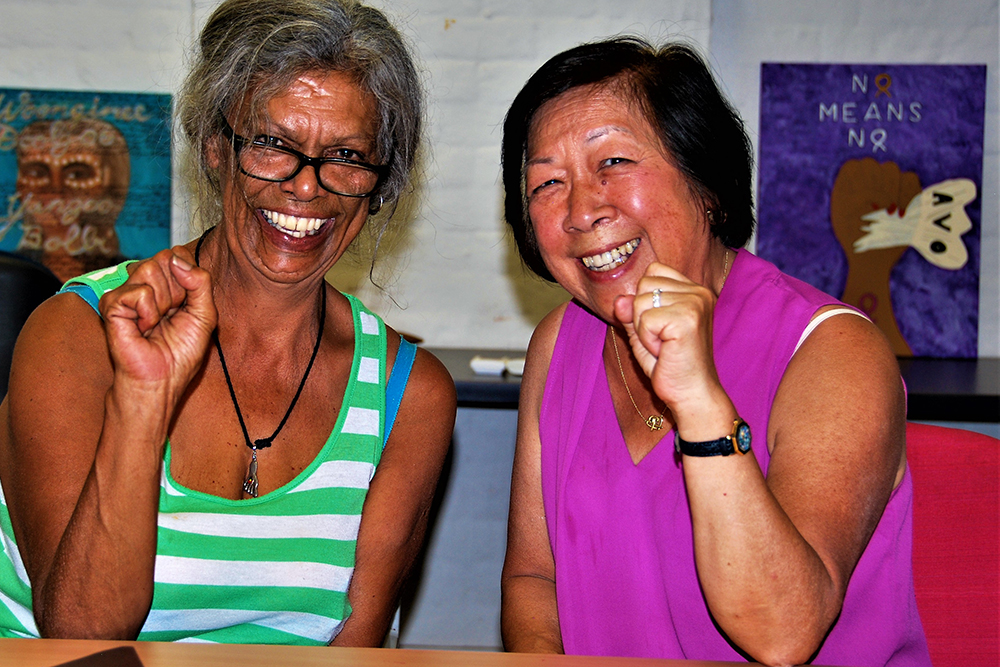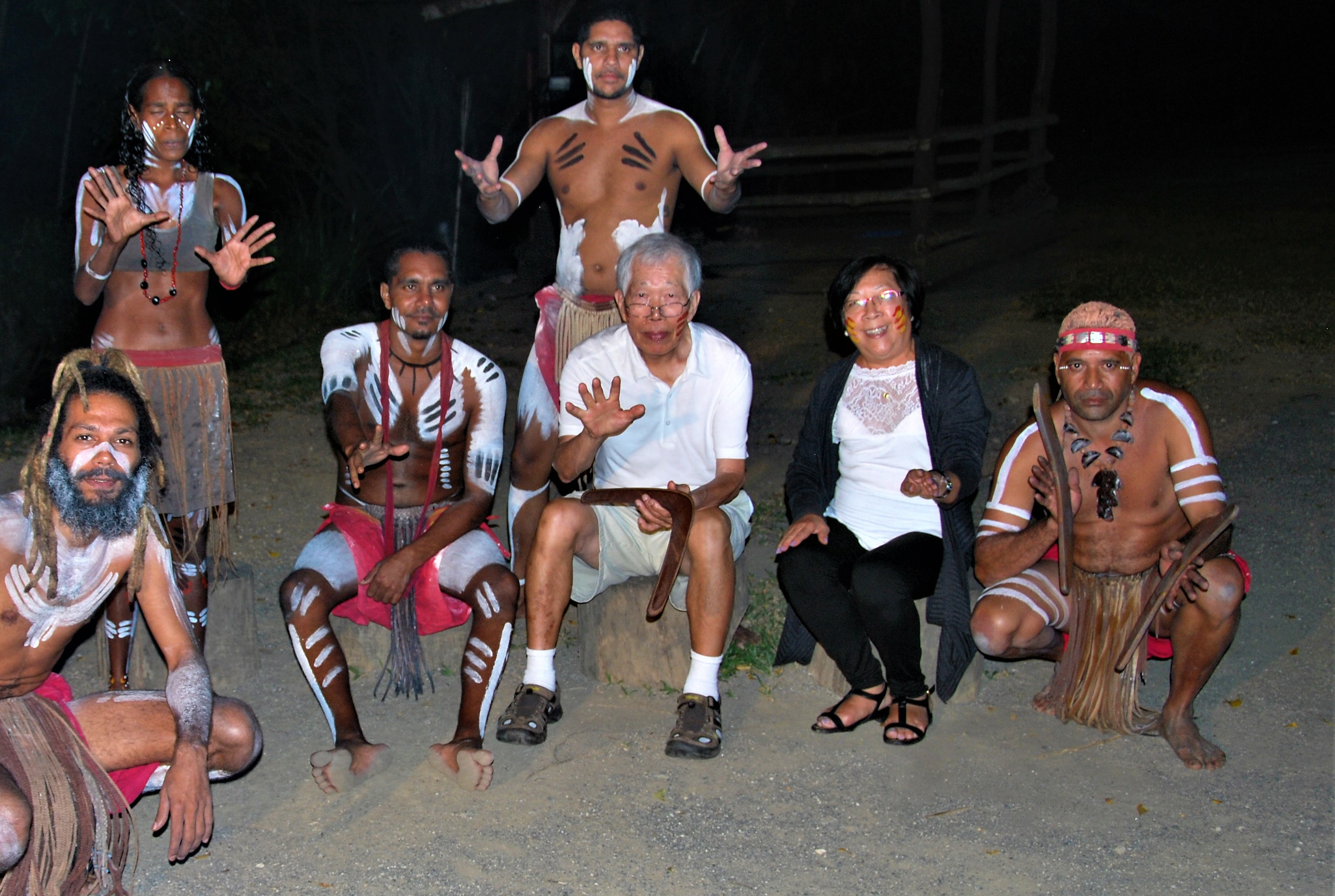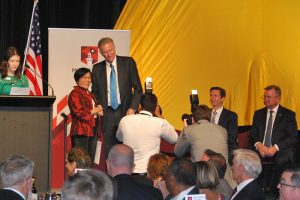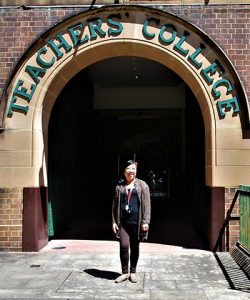Jean Lau Chin, Ed.D., a professor at Adelphi University's Gordon F. Derner School of Psychology and a recognized authority on leadership, spent six months studying global and diverse leadership as the 2018 Fulbright Scholar as Distinguished Chair at the University of Sydney in Australia.

When an Aboriginal leader in Australia needs to make a decision, he or she prefers to use a consensus process. A leader doesn’t do it alone and will often draw on the collective wisdom of tribal elders and/or community members.
Jean Lau Chin, Ed.D., a professor at Adelphi University’s Gordon F. Derner School of Psychology and a recognized authority on leadership, spent six months studying global and diverse leadership as the 2018 Fulbright Scholar as Distinguished Chair at the University of Sydney in Australia.
As part of her research, she interviewed Aboriginal and Torres Strait Islander leaders about their leadership styles, lived experiences and social identities. She observed differences in how they prefer to lead, and found that Western leaders can learn a lot from indigenous people.
“It starts with unlearning our assumptions about what is ideal leadership when studying and engaging cultures; it means being open to other knowledges and not privileging our own so we can be more inclusive and do more good,” she says.
 Through her research, Dr. Chin learned that Aboriginal peoples and other indigenous groups, such as Native Americans, value a collaborative approach to leadership and often believe in a concept of “leading from behind.” They believe the best leaders often aren’t seen—they are not intent on being out front or in the public eye, but rather, in the background offering guidance to members.
Through her research, Dr. Chin learned that Aboriginal peoples and other indigenous groups, such as Native Americans, value a collaborative approach to leadership and often believe in a concept of “leading from behind.” They believe the best leaders often aren’t seen—they are not intent on being out front or in the public eye, but rather, in the background offering guidance to members.
Aboriginal leaders often don’t want to be the charismatic leader. Instead, they often prefer to be the leader who listens, values everyone’s input and embraces collaboration when making a decision.

Dr. Chin conducted some of her research interviews via video chat and is now working on how the same technology might be useful in helping Adelphi students to conduct research, interview clients and learn from remote online courses.
She’s also working to create a student exchange program with the University of Sydney, so that students from that university and Adelphi can share knowledge and get a deeper understanding of other cultures. Students might conduct immersive fieldwork that gives them the opportunity to learn about other cultures directly.
Dr. Chin’s experience in Australia was not her first in a Fulbright Scholar program. In 2012, she traveled to Hong Kong as a Fulbright Specialist to study women and leadership with the Gender Studies Program at The Chinese University of Hong Kong. She arrived not long after the handover of Hong Kong to mainland China by the British, a time of rapid change. In her work there, she consulted with faculty and administrators at the university to meet the needs of a changing student population by reforming the curriculum. She also conducted interviews with women in leadership positions to gain new insights into how gender, ethnicity and context influence the exercise of leadership.
 Both Fulbright experiences, along with her work in the United States, have revealed a gap in how we understand leadership—a gap that occurs when we do not consider the diversity of leaders and the changing contexts in which they lead. Filling this gap would lead to a new paradigm of leadership.
Both Fulbright experiences, along with her work in the United States, have revealed a gap in how we understand leadership—a gap that occurs when we do not consider the diversity of leaders and the changing contexts in which they lead. Filling this gap would lead to a new paradigm of leadership.
“We must recognize that the United States isn’t the only leader in the world, as some of our theories purport to convey,” she said. “Many countries resent us for taking this ethnocentric position. We need a real cultural shift that embraces diversity and cultural differences if our leaders are to lead effectively in today’s increasingly global and diverse world.”
For further information, please contact:
Todd Wilson
Strategic Communications Director
p – 516.237.8634
e – twilson@adelphi.edu